
Nearly 175 years ago, Geneva College was founded, possessing the same seal, proclaiming the same mission, extending to students “a Christ-centered education.” Pro Christo Et Patria, can be seen all over campus to this day, standing as Geneva’s declared charge for faculty, staff, and students alike to do all for Christ and Country. To the alum who have come and gone throughout the years, sentimentality for their alma mater is felt as they revisit campus for homecomings or as they think upon fond memories of their college days. The memories established during one’s college experience can draw with it a sense of sweet nostalgia. While these memories may get lost in time, the core values of such an institution as Geneva College should always remain firmly set in place. Whether five years or one-hundred seventy-five years, the principles originally established for the bases of the college must be maintained with great intentionality. As we look back to our Geneva History, we see a story of a college founding that was accomplished under the careful consideration of men of character who were ultimately under the guidance of God.
To remember that which our college was founded, we must look back. There is no need to look back to the founding itself through the lens of a history textbook, rather we can learn much from those who came before us. As president of Geneva College in 1923, Archibald A. Johnston wrote a forward for the college yearbook that highlighted the history, purpose, and doctrine of Geneva. Only 75 years out from the founding of the college at Northwood, Ohio, Johnston had a clear understanding of not only the how behind Geneva’s establishment but the why. How the college was founded is an interesting story, nonetheless, it is the why that remains crucial in understanding Geneva’s true identity and what should be ever present in the workings of the college today. It is our roots, it is our foundation, it is our calling, it is what we must remain true to. In order to most effectively express this mission, I would like to display President Archibald A. Johnston’s forward from the 1923 yearbook. He tells of Geneva’s history and writes with evident passion for Christ and his college.
Just seventy-five years ago Geneva was founded on the principle of the supremacy of Jesus Christ in every sphere of life. Never was a year more momentous in the annals of the nineteenth century then the year 1848. It was that year that revolutions were sweeping over Europe, when men feeling the impressions of age-long autocracies were crying out for liberty. It was the year that Karl Marx published his Manifesto that ushered in the great socialist movement. Faith and hope were well nigh dead and men turned to the lure of economic materialism in the anticipation of a better day.
Ten years later Darwin read his essay “Origin of Species by means of Natural Selection” before a learned society in London. The movement had begun which was to push the frontiers of the Kingdom of Jesus Christ back and back before the increasing power of godlessness in natural science, business and statesmanship.
So the very year when the world saw the inception of momentous movements frought with evil of which it little dreamed, a little band of Christians drew together in Northwood, Ohio, to found a college based on Christian education – an education that would insist on finding the solution of every problem in the person of Jesus Christ. So Geneva had its birth, christened in faith and dedicated to serve for Christ and Country.
The location of Geneva College was a most historical one. It was there that George Washington came upon horseback from Virginia and personally inspected the lands with the recommendation that they be granted to the soldiers of Virginia for valiant services in the days of the Revolution. In the War of 1812 General William Hull made his celebrated, but disastrous march to Detroit through this vicinity, encamping some two miles west of the site for the college. It was then the confines of the famous North West Territory – a territory that became a bone of contention between the British and the French and a troublesome question in national politics. It was the favored spot of the Wyandotte and Delaware Indians. Solomonstown, two miles south-west of the college was the home of Tarhe, a famous Wyandotte chief. He along with Blackhoof, Little Turtle, Blue Jacket and other Indian chiefs made relentless warfare against the pale faces for almost half a century.
In the early years of the century some devoted Covenanters moved in from Eastern Ohio and Northern New York to the rich bottom lands in the Miami Valley. A little later Rev. Gavin McMillan, from Beechwoods, Ohio, rode into their midst as the sky-pilot of this religious colony and organized them into the Miami Congregation. The Rev. John Johnston was ordained and installed pastor June 10, 1834. He was a graduate of Franklin College and had studied theology under the celebrated John Black of Pittsburgh. It was in those early days when the explanation of the psalm was usually one hour long, when the lecture that followed was two hours in length; a recess usually followed the lecture and then another sermon followed filling the hours until nightfall. To those of us who are now accustomed to a sermon of twenty or thirty minutes such a service might seem to be tedious, but out of such a staunch religious atmosphere came many sturdy Christians, strong in faith and determined in purpose.
In 1838 Rev. John Black Johnson began to teach a class of young men in his study and there are some “Genevans” who claim that the real founding of the college began with the founding of this class. In a few years an increase of interest and attendance led to a demand that a college be established. It was given careful consideration by the presbytery and in the year 1847 Rev. J. Black Johnston was appointed to take charge of the school. “Geneva Hall” was chosen as its name, and while Rev. J. Black Johnston had informally called students together he had not formally opened the college until April 20, 1848. There is no space to recite the subjects taught, but the curriculum consisted almost entirely of Latin, Greek and Hebrew with some mathematics and a little natural, mental and moral science. The first faculty consisted of Rev. J. Black Johnston, Principle; John Knox Milligan, Professor of Languages and Mathematics; James Saurin Milligan, Tutor and Assistant in Preparatory School. 42 students matriculated the first year.
It is interesting to note that the college was designed to serve a wide constituency. This is evident from the fact that ministers and laymen of the Associate Reformed, Presbyterian and Methodist Episcopal Churches, as well as of the Reformed Presbyterian Church were chosen as professors and trustees. At one time the President-elect was a minister of another denomination. These conditions prevailed during the days of Dr. Sloane’s administration. At his retirement, however, a new charter was obtained and the new articles of the Association required the trustees to be known and acknowledged members of the Reformed Presbyterian Church, and the property to be held for the benefit of the denomination. The first teachers in Geneva College were men of character and learning and the early traditions have left their imprint on all the succeeding years. Too much honor cannot be given to Rev. J. B. Johnston, who staked his all upon the success of the college, devoting most of his time and means to its upbuilding. The college was suspended during the years of the Civil War, owing to the greater number of enlistments, as it was one of the few colleges of America where almost the entire student body was fighting either for the North or for the South. After the war, Revs. Drs. N. R. Johnston, J.L. McCartney and S. J. Crowe labored valiantly to re-establish the institution. In this period, the tuition for a term was $10.00; price of boarding including a furnished room, was $3.00 per week.
May 29, 1872, at a Synod in York, the condition of the college was carefully considered and Rev. Henry Hosack George, an alumnus of the college, was unanimously chosen President. Dr. George remained as president until 1890. A Commercial and Banking Department was organized and the attendance in 1873-74 reached the high water mark of 170. After a good deal of feeling, Synod in 1879 voted to remove the college from Northwood to Beaver Falls, and the last Commencement at Northwood was a more or less wild affair, the subjects of orations being, “Turned Loose,” “Inner Conflicts”, “Shinny on Your Own Side”. The Seniors unexpectedly appeared on the rostrum in light walking suits and straw hats.
There is no need to speak of the new location and the conditions at Beaver Falls, but as early as 1801 flour mills and saw mills were in constant operation and there were also forge furnaces established. In 1806 New Brighton, named after Brighton, England, was laid out by Isaac Wilson and Co., who were operating an iron and blast furnace. Beaver Falls was incorporated in 1868. John Reaves, Esq., acting on behalf of the Harmony Society, graciously tendered ten acres of ground as a sight for the college building, and from that time to this there has been a slow, but steady progress. In the annual report for 1888, the secretary (whoever he may have been) gives expression to his exuberance as follows:
“The star of Geneva is in the ascendant. She does not move with the flash of the meteor or sweep the skies with the flaming tail of the comet, but pursues her course regularly from year to year as the planets in their orbits, and shines with the soft steady light of the fixed stars. Her bands are as the bands of Orion, and they grow stronger and stronger; and her sweet influences as of Pleiades are extending wider and wider. May the Star of Bethlehem ever be her central Sun, and her mission be to reflect ‘His Light into all the dark world.’”
The college grew rapidly under the direction of Dr. George. At his resignation in 1890 Prof. William Pollock Johnston was elected President. As we read through the list of professors during this period, we read such names as:
William Milroy
William McCracken
James S. Martin
David McAllister
Charles O. Bemis
Newton C. Long
H. Wilson
Grace P. Moorhead
James M. Coleman
Miss Edith Winn
Miss Frances Waddle
T.D. McCloskey
Herbert Morton
Archibald H. McCracken
and many more whose names are revered by the students of those days. It would be difficult to find a better faculty anywhere than a faculty consisting of such teachers as these.
Gradually, new buildings were erected and as the community grew, the college kept pace with its increasing interests. During the year 1907 Dr. Johnston resigned and his place was taken by William Henry George, a son of Dr. H. H. George. The college continued to progress and to develop in scholarship and breadth. The campus grew in beauty and buildings were added. William Henry George resigned in 1916, his place being taken by Rev. Renwick Harper Martin. Dr. Martin served during the perilous days of the Great War and won for the college new prestige everywhere in the Valley. The college was growing in opportunities, influence and wealth. Dr. Robt. Clarke came into the employ of the college in 1908 and has labored with great efficiency and success in beautifying the campus and making equipment of the college more adequate. Dr. Martin resigned in 1920, his place being taken by Prof. Archibald A. Johnston.
This in brief is the history of Geneva College from the momentous days of 1848 until the present period – a period just as momentous in all the affairs of politics and faith. For seventy-five years Geneva College has played its part well. From its halls have gone hundreds of men and women who have served their country and who have been loyal to their God. Its influence has been felt in the community, in all the affairs in the matters of state and nothing has occurred to blemish its fair name.
And now, as to its future, will the next seventy-five years be just as full of promise and achievement as have been the seventy-five years just closing? The present writer believes that if we are loyal to the early design of the founders of Geneva College, and even finer regard will be retained and Geneva will be able to render even a better service. Instead of the early days when the hillsides were covered with forests and the population was sparse, now we have valleys dotted with mills and a dense population from Pittsburgh to New Castle. The field is a tremendously promising one and if those who have Geneva College in charge will furnish a broad, wholesome education founded on Geneva’s motto: For Christ and Country, opening its doors to all classes and races of men, welcoming all to its opportunities, then will the broad region in which Geneva is situated come forth loyally with men and resources to support an institution which is doing so much for the community’s life. Its Christian atmosphere will permeate the community North, East, South, and West, and such a college inspired by such a purpose will react upon the Church that founded it and has given it support, spreading its fame and giving strength, and reach to that most noble principle of the Church that Christ must be acknowledged as King of Kings, as Lord of the State, as well as Head of the Church. May such a future be Geneva’s and may its influence extend from year to year even to the end of time.
Now in 2022, Geneva College is undergoing some significant re-branding efforts, leaving a sense of newness in its wake. Nonetheless this re-branding cannot be a replacement for what has already been established. No, Geneva College was founded on the principles to serve first Christ and then Country. We are to never lose sight of this. The founders of this institution worked laboriously to develop a college that first and foremost would strive to glorify God in academics and then through the lives of each student following graduation. In the new branding, the logo may look different, but the mission remains the same. Each faculty, staff and student must never lose sight of where we have come from, who has brought us to this point in time, and how we can continue Geneva’s original mission in the future.
The future of Geneva is up to those who lead, it is up to those who teach, it is up to those who attend. We must first seek God in all things, never ceasing to recognize that this institution is held to the standards of the Bible, not to this world. We must hold fast to these truths, our foundation in God’s holy, perfect, infallible Word. In all things we must do this. We must cling to his statutes, embrace the Truth, rest in his saving grace, and strive to glorify God in all that we do personally and as members of Geneva College. Living like Love while never compromising values. This is our mission, this is our purpose, this is where we must unwaveringly stand, For Christ and Country.
- Abigail Forton ‘22
Opinions expressed in the Geneva Blog are those of its contributors and do not necessarily represent the opinions or official position of the College. The Geneva Blog is a place for faculty and contributing writers to express points of view, academic insights, and contribute to national conversations to spark thought, conversation, and the pursuit of truth, in line with our philosophy as a Christian, liberal arts institution.
Jul 12, 2022College ArchivesRelated Blog Posts
Request Information
Learn more about Geneva College.
Have questions? Call us at 724-847-6505.
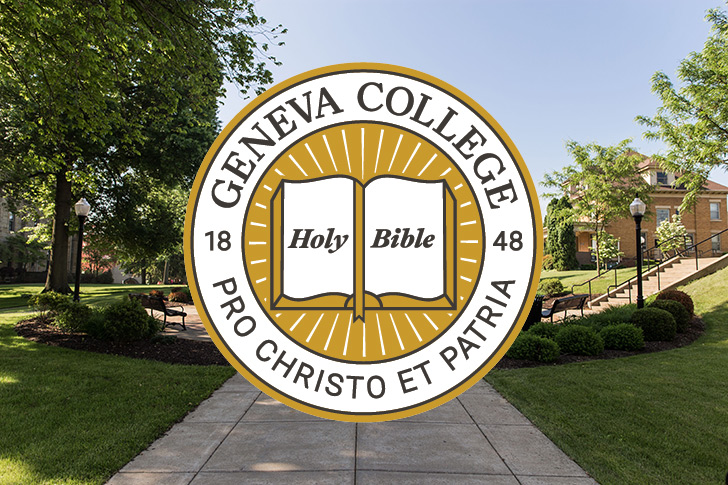
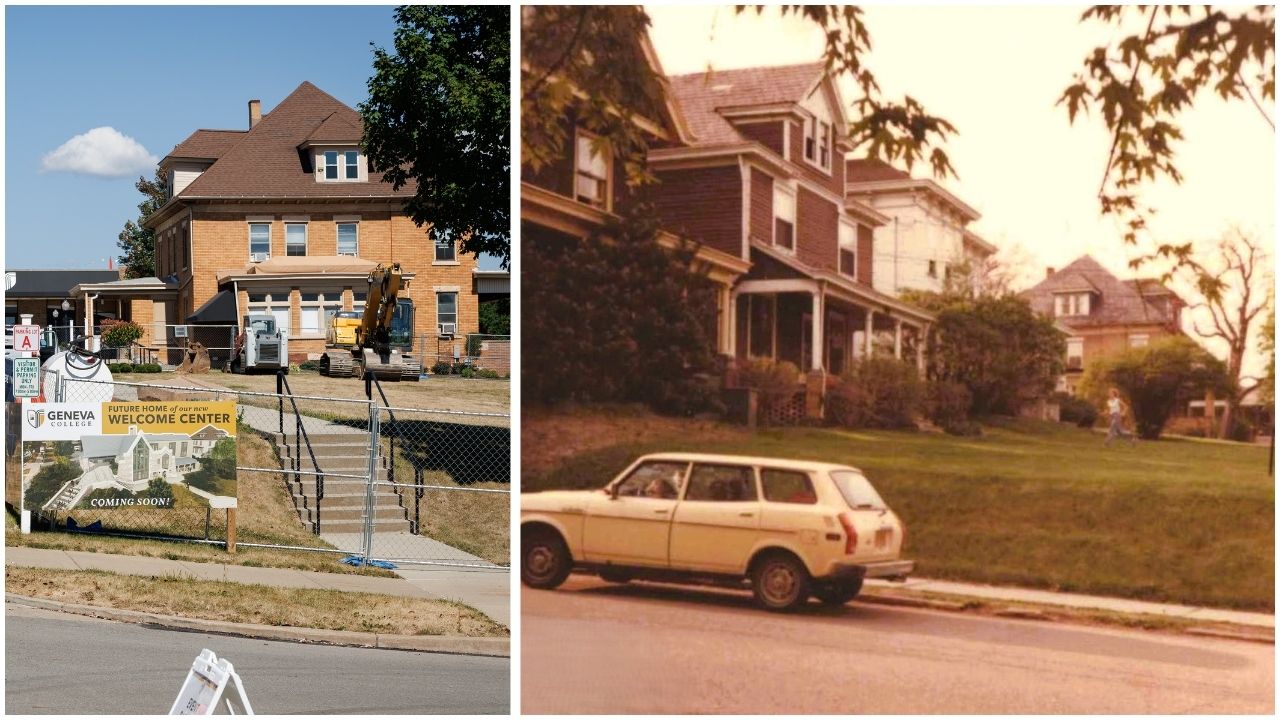
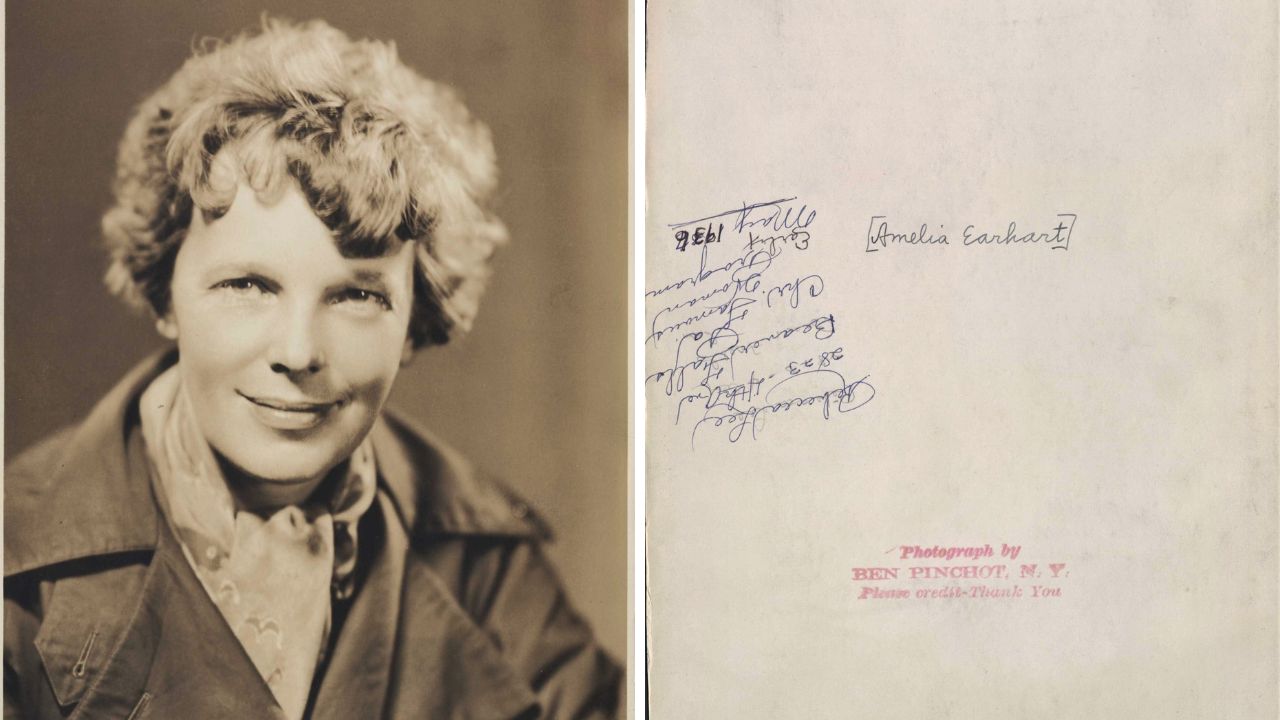
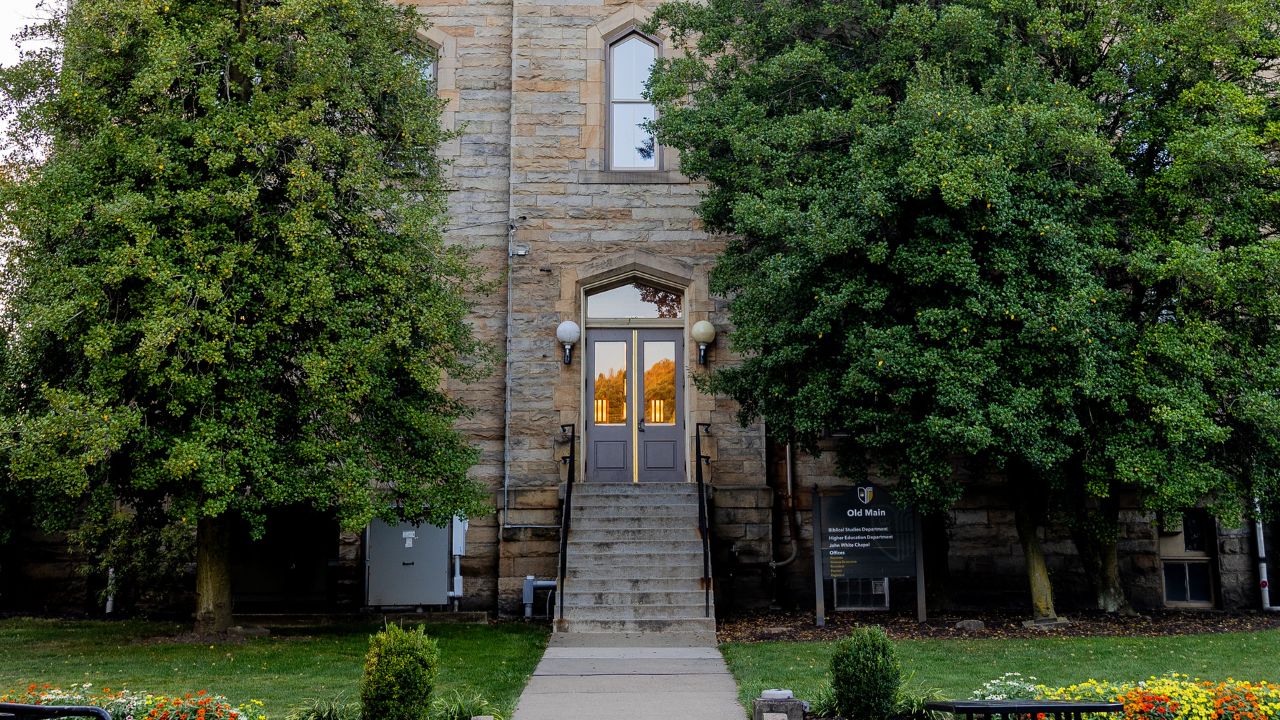
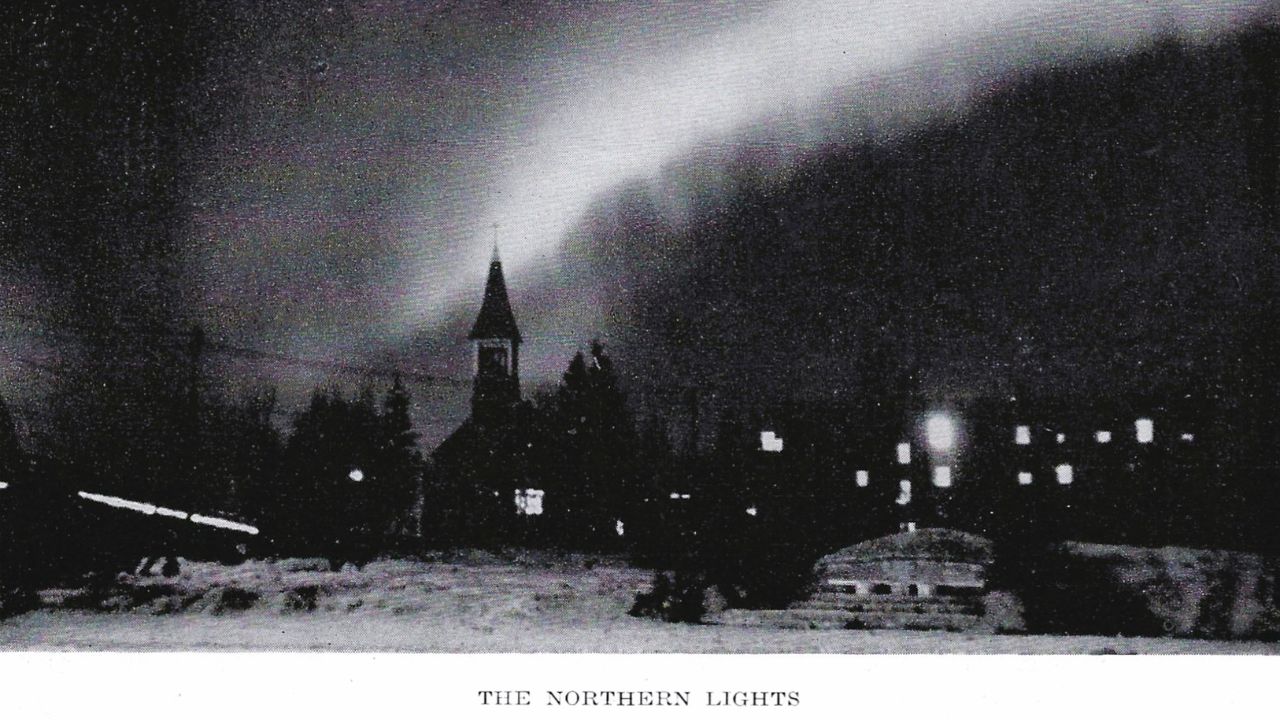
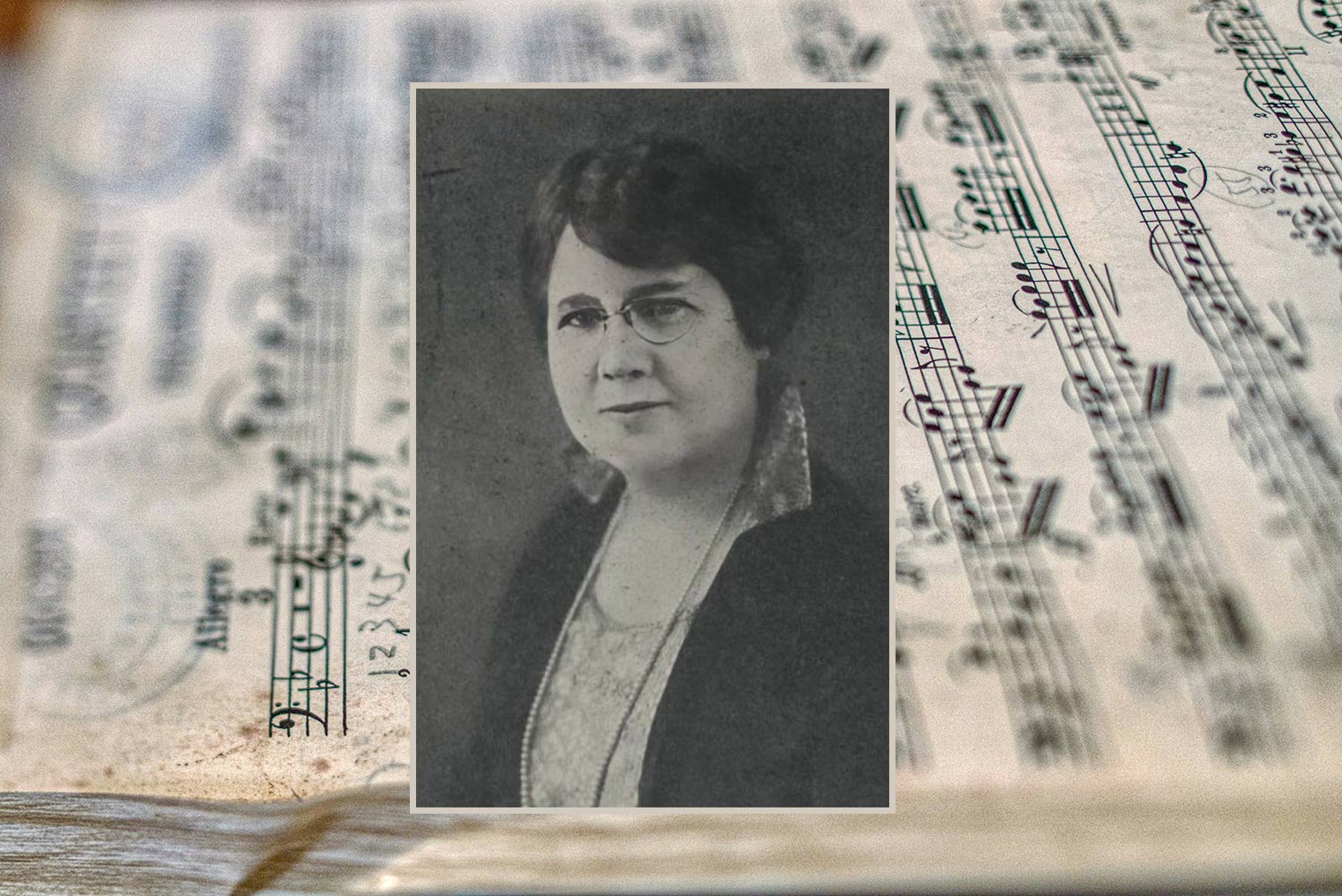
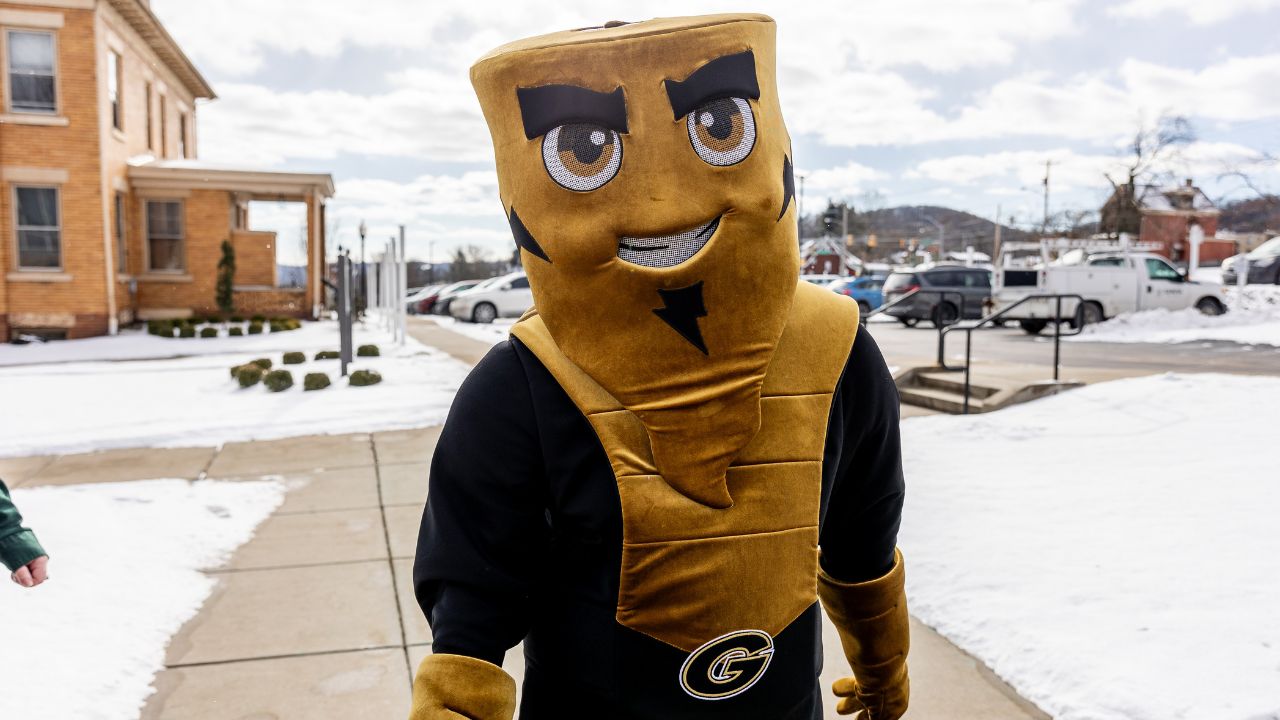
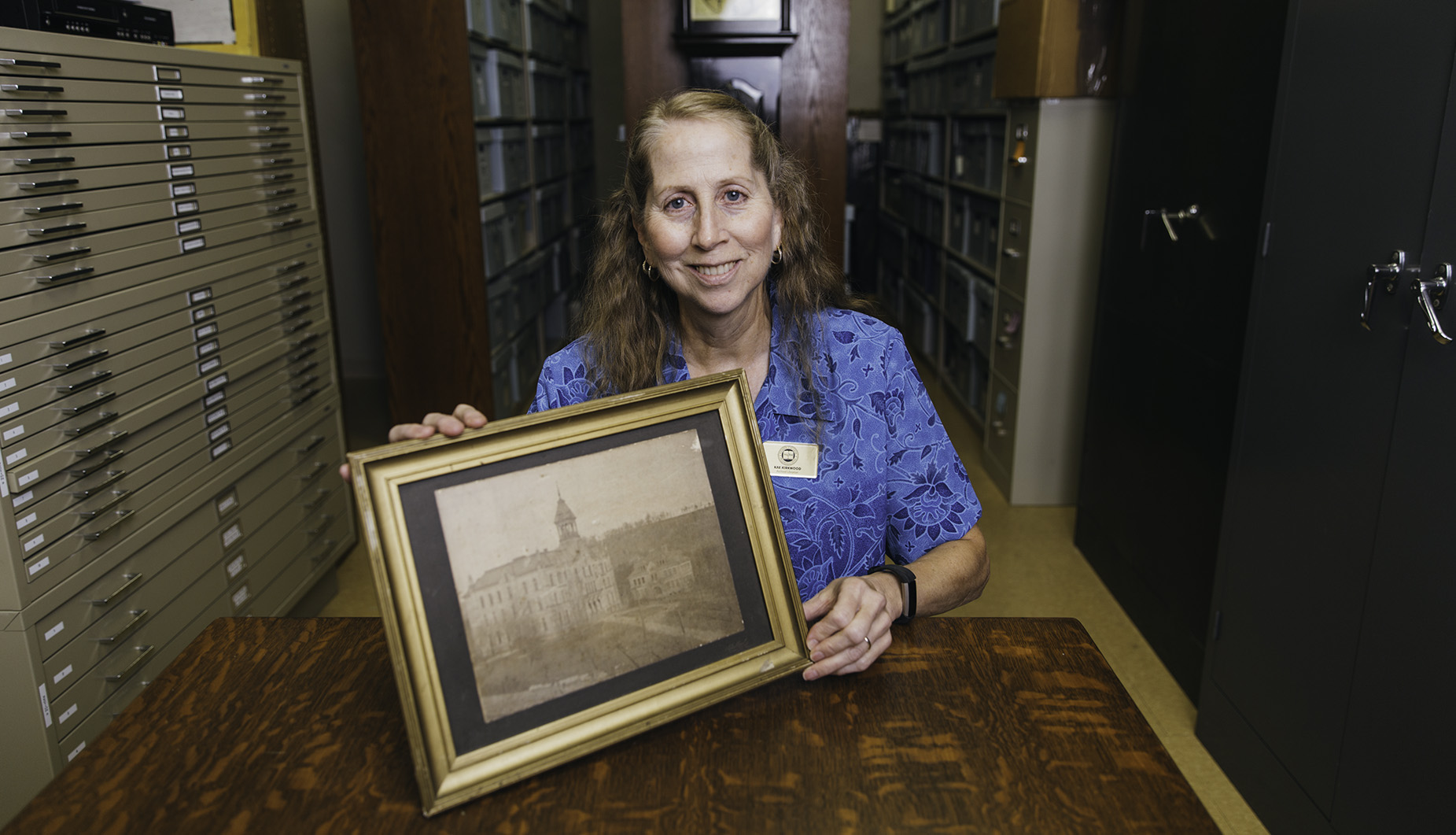

 Online Course Login
Online Course Login